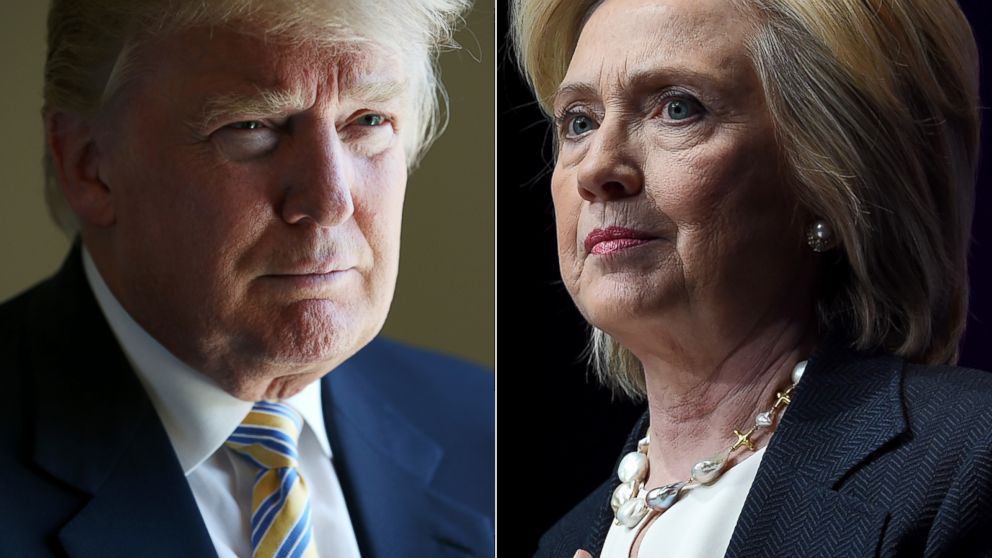The More the Rhetoric Changes, the More the Positions Stay the Same
by Brett Linley
Every year, politicians tell us that the current election is the most important. They always say that we are at a crossroads. If we let their opponent win, it’s the end of America as we know it. In reality, the president has very limited powers.
However, they do have the ability to guide the tone of the nation. In this election, unfortunately, you truly have to squint to see the major differences. With Clinton and Trump, some of their worst positions are their shared ones. That’s what bipartisanship is all about.
1. Minimum Wage
It is true, their positions come in different flavors. Clinton, without a doubt, is more intense. However, when we’re facing an election that’s all about principles, there isn’t much separation here.
Clinton wants a nationwide $12/hr wage that would devastate the economy. Trump, to be sure, has been less clear on his position. He says he wants to leave it to the states, but also believes that the current federal minimum is too low. Given the powers that Trump seems to believe the president has, we cannot be sure how this would truly play out in his administration.
2. Protectionism
On this issue, there is even less space between the two candidates. It is true, Clinton once backed the Trans-Pacific Partnership trade deal. However, Bernie Sanders successfully bludgeoned her with that support until she reversed herself.
Trump has been fairly consistent in his disdain for the deal. Trump repeatedly calls for “fair trade,” which is essentially just conservative slang for protectionism. Unfortunately, it doesn’t appear that either candidate will stand up for the free exchange of goods and services across borders. There’s more to this than the TPP. Neither candidate can be trusted to lower trade barriers under any circumstances.
3. Intervening in Syria
While the rhetoric differs here, the end result is essentially the same. Both candidates want America to join in another international conflict. Clinton, ironically, often comes off as the bigger hawk of the race. Her history as Secretary of State is a good measure for how she would perform as Commander in Chief. By judging her rhetoric and her actions, Americans can expect some form of intervention to unseat Assad in Syria.
Trump certainly has been more gung-ho in this matter. It is true, Trump is less likely to commit us to an all-out war (surprising at that may seem). He did, to his credit, oppose the Iraq invasion before it was cool (though after initially supporting it). When it comes to Syria, however, he seems all-too-willing to abandon that good sense and plunge boots on the ground.
4. Troops in Afghanistan
In a similar vein, both candidates want to perpetuate this war that has been waged for a decade and a half. President Obama failed to make good on his promise to withdraw troops. Hillary seems like she will continue this ill-advised policy. We very well could end up committing troops in the area for a long time.
Trump would also accept keeping troops in Afghanistan. He is uncomfortable having no check on neighboring Pakistan, and would thus want to keep an active force in the area. Despite some past rhetoric, Trump seems to be far from a foreign policy libertarian.
5. Wall Street Bailouts
Unsurprisingly, Clinton and Trump both support crony capitalism. It shouldn’t come as a shock for Hillary. She refuses to release the content of speeches she has given to Wall Street firms. She talks tough, mostly courtesy of some Sanders-driven pressure, but doesn’t have the history to back it up. With a second Clinton Administration, we can certainly expect the big banks and corporations to expand via cronyism instead of the free market.
Trump is no real friend to the free market either. It should be no surprise, especially given how he has used government to benefit his own ventures in the past. Trump’s love for eminent domain should make his support for bailouts all the less surprising. When people support the principle of the state interfering in business, there’s no real logical stopping point on those grounds.

